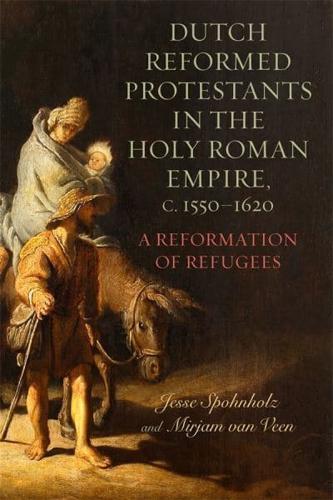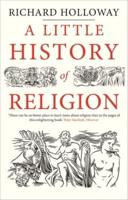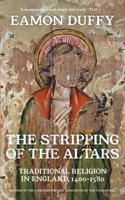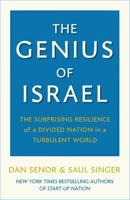Publisher's Synopsis
Examines the diverse experiences of Reformed Protestant religious refugees fleeing war and persecution in the Netherlands for cities and towns in the Holy Roman Empire in the late sixteenth century. Starting in the mid-sixteenth century, widespread persecution and war forced tens of thousands of Reformed Protestants in the Netherlands to flee their homes for new communities in England and the Holy Roman Empire. This book follows those refugees who escaped to large cities and small towns to the east and southeast, up the Rhine River watershed. The comprehensive approach taken here examines these forced migrations from political, intellectual, social, cultural, religious, and linguistic perspectives, including using a large prosopographical database to track refugees' movements and experiences. It challenges scholars' claims that Reformed Protestants developed more doctrinal, volunteeristic, and well-organized churches particularly capable of surviving the challenges of persecution and exile. Instead, the authors show, refugees proved remarkably willing to compromise and adapt, even as they built new relationships with the unfamiliar people they met abroad. Based on an extensive collaboration between two senior scholars with different but complementary intellectual backgrounds-one a European trained in theology and intellectual history and the other a North American with expertise in social and cultural history-and the team of researchers they led, this book challenges conventional wisdom about refugees and forced migrations in early modern Europe. Upon publication, this book is openly available in digital formats thanks to generous funding from the Dutch Research Council.










